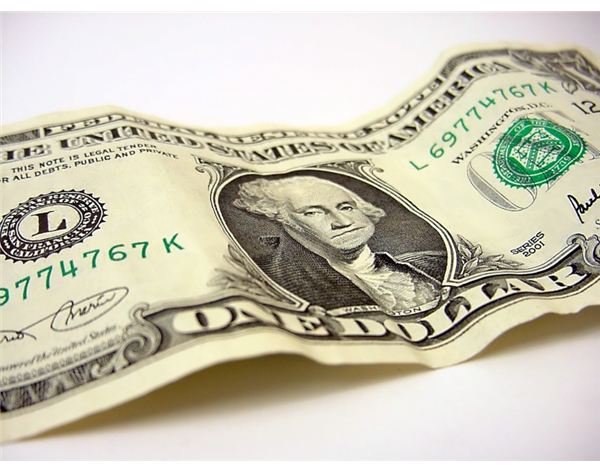Learn What Happens to Escrow Account Money: An Explanation of Escrow Money Use
The Importance of Escrow Accounts
An escrow account plays a vital role when two parties enter into a contract. The Oxford English dictionary explains escrow as, “money, property, or a written bond, kept in the custody of a third party until a specified condition has been fulfilled.” In this sense, money, securities or even intellectual assets such as software or art can be placed in escrow. The third party who manages the account is called the escrow agent. This article offers and explanation of escrow money use as well as what happens to escrow account money.
Advantages of Escrow Accounts
The main advantage of an escrow account to a borrower is that insurance and taxes are paid when due without risk of default. This removes the need to budget for large amounts of money required for these payments.
Keeping money in escrow is a choice enjoyed by some borrowers. However, for those qualifying under special loan programs such as FHA loans, or where the loan to value ratio is 80 percent or lower, it is a requirement that money be kept in an escrow account for statutory payments. This ensures the proper payments will be made when due.
How is an Escrow Account Used?

Escrow instructions are usually formalized in writing. They are signed by the parties to the contract and define the verbal or written instructions the escrow agent will receive regarding the fulfillment of obligations between the two parties.
Escrow accounts are usually held by real estate agents and attorneys who receive money on behalf of others. For example, it may be a deposit toward the purchase of a home or money to pay for property taxes and home insurance. A trust account is operated in the name of the customer for this purpose. In a real estate transaction, the money deposited by the buyer will be placed in escrow until the seller complies with all conditions relating to the sale. The escrow money is not pooled with other funds of the lender or real estate agent. An escrow fee is charged for this service.
On each monthly loan payment made by a borrower, the mortgage lender or loan servicing agent keeps a record of the portion in the escrow account needed to pay property taxes and insurance. Escrow money is used to make these payments as they become due. Hence, the balance in an escrow account changes with time.
What happens if property taxes increase and the escrow money account does not have enough to make the payment? Most lenders will pay taxes on the due dates and ask the borrower to cover the difference. Alternately, they may increase the monthly loan payments for the next year to recover the overage. By law, the borrower is required to be provided with an annual statement providing an explanation of escrow money use and what happens to escrow account money.
Disadvantages of an Escrow Account

Two issues relating to the explanation of escrow money use and what happens to escrow account money include:
- Customer Concerns - Customers often express concern about the money they are asked to deposit in an escrow account. While the lender wants to guard against the risk of property tax hikes, particularly in home lots under development, this may lead to borrowers paying needlessly high loan payments if such eventuality does not happen. This is why it is important to get an explanation of escrow money use. The Real Estate Settlement Procedures Act (RESPA) addresses this problem by requesting banks to maintain escrow accounts so that the cushion they have falls to one-sixth of the annual escrow charges for at least one month each year, or about two months of escrow payments. However, there is uncertainty as to how well this is monitored or how lenders choose to compute this amount.
- Misuse of Escrow Funds - Another problem that arises with escrow money is when the payments specified are not made by the due date. This can happen when a lender transfers a loan to a servicing agent and a tax or insurance payment is missed during the process. The borrower finds out about this issue only when there is a payment problem. Sorting out the payments with the parties concerned and correcting records can be a time-consuming and frustrating experience.
Conclusion
A properly set up escrow account is beneficial to all parties in a contract. Money will be used when conditions stated in the contract are met and the escrow can be closed. On the other hand, a borrower who is good with budgeting may be better off investing a part of income earned each month to meet tax and insurance payments rather than agreeing to an escrow account. However, the need to use an escrow account is usually dictated by the terms of a contract and may not be one of personal choice. It makes good sense for a borrower to understand what happens to escrow account money and to obtain a good explanation of escrow money use.
Imgage Credits
Image of Agreement: https://office.microsoft.com/en-us/clipart/results.aspx?qu=j0442417&sc=20
Image of Hand and Key: https://office.microsoft.com/en-us/clipart/results.aspx?qu=j0438505&sc=20
Image of Dollar US: https://upload.wikimedia.org/wikipedia/commons/c/c7/Un_dollar_us.jpg
